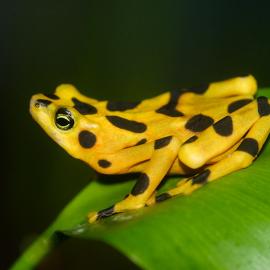
by Georgia Woodroffe
Over the last 500 million years, Earth has experienced five mass extinctions. Each was marked by the obliteration of a significant proportion of all life on the planet within a geologically insignificant…
Read more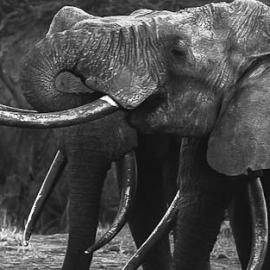
by Cyril Christo and Marie Wilkinson
The upcoming International March for Elephants will be held October 4, 2013, across three continents and 13 cities, from Melbourne to Rome, from Cape Town to New York, and is inspired by the David Sheldrick…
Read more
by Jessica Schmonsky
Beer is an ancient beverage with roots growing as far back as the fifth millennia BC. Since malts and hops and barley were first brewed together, the recipe for this popular beverage has endured some drastic…
Read more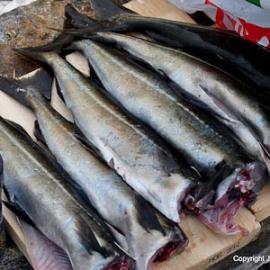
by Jessica Schmonsky
Climate change affects agriculture and food production both directly through changing environmental conditions and indirectly by affecting growth and the distribution of incomes. Current studies suggest…
Read more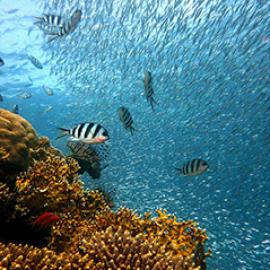
by Lillian Steenblik Hwang
You have probably read a lot of articles that mention biodiversity, but sometimes it can be unclear exactly what biodiversity is and how biodiversity loss impacts your life. As we enter the new year, here…
Read more
by Jessica Schmonsky
In a world of growing pollution, increasing climate change and dramatic biodiversity loss, ecofeminism can offer humans a new lens through we which we can view our role in conservation. These new ideas…
Read more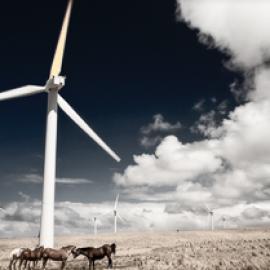
by Altaire Cambata
E.O. Wilson’s highly influential work The Future of Life begins where one would imagine: the present. Half of all species thrive in tropical rainforests, though any locale with liquid water, organic molecules…
Read more
by Kathryn Dixon
A new study in the American Chemical Society journal Environmental Science and Technology suggests that greenery such as trees and bushes in cities plays a larger role in reducing pollution levels than…
Read more
by Jessica Schmonsky
Folklore, religion, mythology and other belief systems have a considerable effect on how various cultures think about the natural world and their role in its use or protection. In some cultures, folklore…
Read more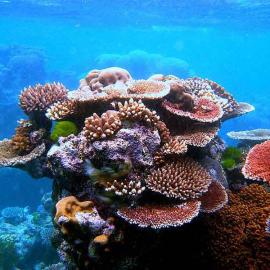
by George Stevens
Coral reefs provide food to millions of people, unique chemicals for use in medicine, protect coastlines from erosion and storms, and are a major part of the thriving global tourism industry. In all, it…
Read more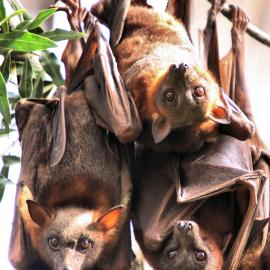
by Kathryn Dixon
In eco-immunology, a young new field of scientific research, the main goal of researchers is to understand how the spread of disease in wildlife is exacerbated by human and environmental elements (like…
Read more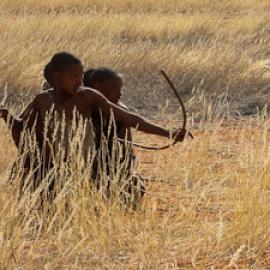
by Danielle Vilaplana
Loss of biodiversity and cultural diversity are inextricably linked in a developing world. While genocide is widely condemned, ethnocide – the complete destruction of entire cultures – is tacitly accepted…
Read more
